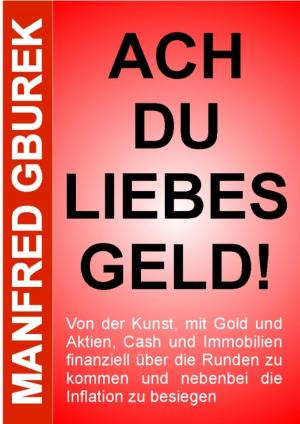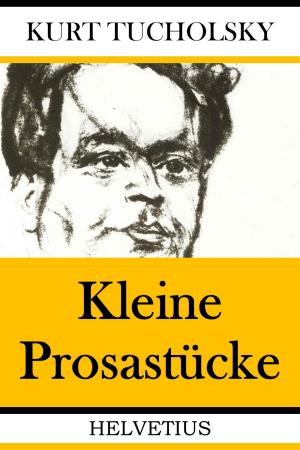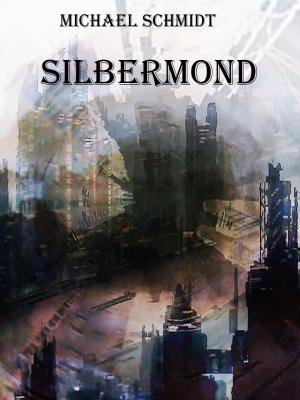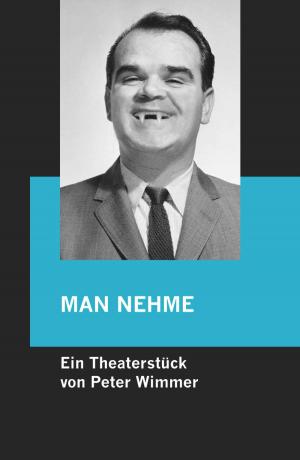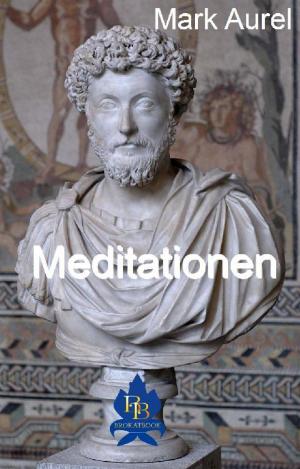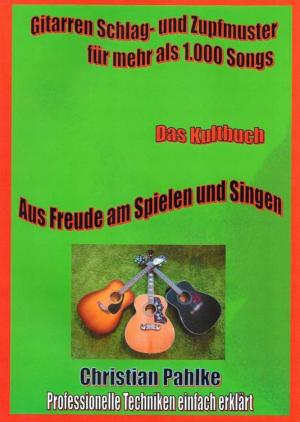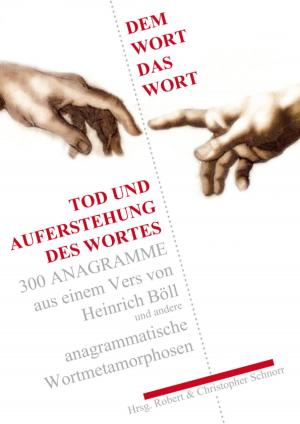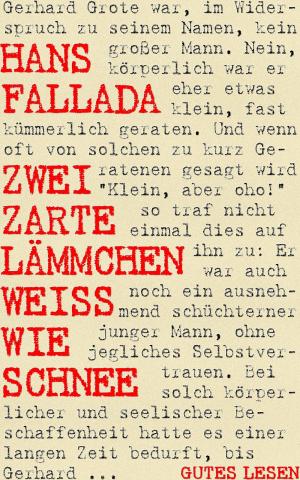Modern Alchemy and the Philosopher's Stone
A Journey through the World of high Pressure
Nonfiction, Home & Garden, Crafts & Hobbies, Art Technique, Sculpture, Art & Architecture, General Art| Author: | Wilfried B. Holzapfel, Charles W, Christoe | ISBN: | 9783741869334 |
| Publisher: | epubli | Publication: | November 22, 2016 |
| Imprint: | Language: | English |
| Author: | Wilfried B. Holzapfel, Charles W, Christoe |
| ISBN: | 9783741869334 |
| Publisher: | epubli |
| Publication: | November 22, 2016 |
| Imprint: | |
| Language: | English |
While preparing to carve an unusual sculpture from a stump in his front yard, a professor of physics is interrupted by two first-year students at the university where he teaches. When the students ask him about his project, the professor describes the future sculpture as a three-dimensional representation of the way a sample of each chemical element reacts when high pressure is applied to it. That is not at all what the students were expecting to hear. They somewhat reluctantly agree to sign up for a consultation hour with the professor so that he can explain the concept in greater detail. When the professor describes his research in the area of high-pressure solid-state-physics as "modern alchemy", the students are hooked! One of them has been contemplating a career in science or technology, the other is planning to concentrate on liberal arts and philosophy. This appears to be a unique opportunity that offers something for each of them and a chance to expand their common knowledge and friendship. The professor and the students review the history of medieval alchemy as the basis for modern science. They compare the challenges faced by the ancient philosophers to the obstacles of modern scientists. He introduces the students to his version of a modern alchemist's "philosopher's stone", a device with which he is able to change the properties of the elements and make them take on different character. He leads this students on exploratory "journeys" across the Periodic Table of the Elements. They compare the different behavior and discover new relationships. The students converse about the "mystical" modern ideas that the professor introduces along the way; e.g., quantum chemistry and physics. He never resorts to formal, mathematical theory in their circumnavigation of the "world of high pressure". In the end, the students feel "enlightened" in the true alchemical sense, ready for their own journey into the modern world of science and philosophy.
While preparing to carve an unusual sculpture from a stump in his front yard, a professor of physics is interrupted by two first-year students at the university where he teaches. When the students ask him about his project, the professor describes the future sculpture as a three-dimensional representation of the way a sample of each chemical element reacts when high pressure is applied to it. That is not at all what the students were expecting to hear. They somewhat reluctantly agree to sign up for a consultation hour with the professor so that he can explain the concept in greater detail. When the professor describes his research in the area of high-pressure solid-state-physics as "modern alchemy", the students are hooked! One of them has been contemplating a career in science or technology, the other is planning to concentrate on liberal arts and philosophy. This appears to be a unique opportunity that offers something for each of them and a chance to expand their common knowledge and friendship. The professor and the students review the history of medieval alchemy as the basis for modern science. They compare the challenges faced by the ancient philosophers to the obstacles of modern scientists. He introduces the students to his version of a modern alchemist's "philosopher's stone", a device with which he is able to change the properties of the elements and make them take on different character. He leads this students on exploratory "journeys" across the Periodic Table of the Elements. They compare the different behavior and discover new relationships. The students converse about the "mystical" modern ideas that the professor introduces along the way; e.g., quantum chemistry and physics. He never resorts to formal, mathematical theory in their circumnavigation of the "world of high pressure". In the end, the students feel "enlightened" in the true alchemical sense, ready for their own journey into the modern world of science and philosophy.


